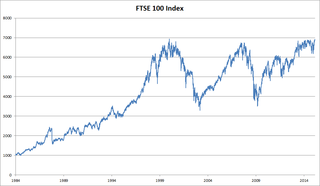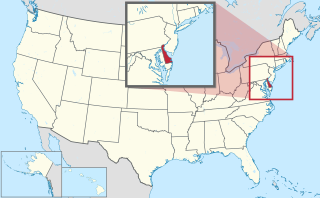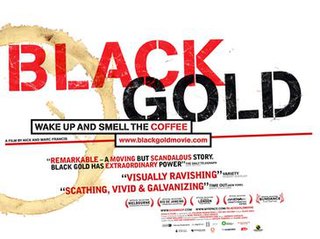A corporate haven, corporate tax haven, or multinational tax haven, is a jurisdiction that multinational corporations find attractive for establishing subsidiaries or incorporation of regional or main company headquarters, mostly due to favourable tax regimes, and/or favourable secrecy laws, and/or favourable regulatory regimes.
Treasure Island is an 1883 novel by Robert Louis Stevenson.

A shell corporation is a company or corporation that exists only on paper and has no office and no employees, but may have a bank account or may hold passive investments or be the registered owner of assets, such as intellectual property, or ships. Shell companies may be registered to the address of a company that provides a service setting up shell companies, and which may act as the agent for receipt of legal correspondence. The company may serve as a vehicle for business transactions without itself having any significant assets or operations. Sometimes, shell companies are used for tax evasion, tax avoidance, and money laundering, or to achieve a specific goal such as anonymity. Anonymity may be sought to shield personal assets from others, such as a spouse when a marriage is breaking down, from creditors, from government authorities, besides others.
The Remembrancer was originally a subordinate officer of the English Exchequer. The office is of great antiquity, the holder having been termed remembrancer, memorator, rememorator, registrar, keeper of the register, despatcher of business. The Remembrancer compiled memorandum rolls and thus “reminded” the barons of the Exchequer of business pending.
Ronen Palan is an Israeli-born economist and Professor of International Political Economy in the Department of International Politics at the City University London. He has many books and articles on the political economy of the state, globalisation and state strategies, and evolutionary approaches to the study of international relations. Ronen Palan was of the founding editors of the Review of International Political Economy. Palan's major empirical work is the area of offshore financial centres and tax havens. Palan has argued that offshore finance "is certainly not the sole cause for the decline of the nation-state, but it must be seen as an important contributing factor to the decline".

An Offshore Financial Centre or OFC is defined as a country or jurisdiction that provides financial services to nonresidents on a scale that is incommensurate with the size and the financing of its domestic economy. "Offshore" does not refer to the location of the OFC, but to the fact that the largest users of the OFC are nonresident. The IMF lists OFCs as a third class of financial centre, with International Financial Centres (IFCs), and Regional Financial Centres (RFCs); there is overlap.

The Institute on Taxation and Economic Policy (ITEP) is a non-profit, non-partisan think tank that works on state and federal tax policy issues. ITEP was founded in 1980, and is a 501(c)(3) tax-exempt organization. ITEP describes its mission as striving to “keep policymakers and the public informed of the effects of current and proposed tax policies on tax fairness, government budgets and sound economic policy.”
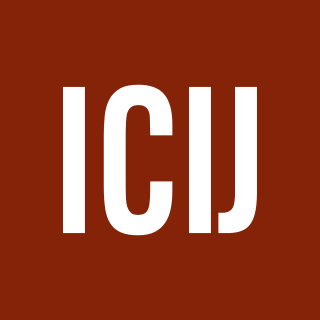
The International Consortium of Investigative Journalists (ICIJ) is an independent Washington D.C.-based international network. Launched in 1997 by the Center for Public Integrity, ICIJ was spun off in February 2017 into a fully independent organisation which includes more than 200 investigative journalists and 100 media organizations in over 70 countries who work together on "issues such as "cross-border crime, corruption, and the accountability of power." The ICIJ has exposed smuggling and tax evasion by multinational tobacco companies (2000), "by organized crime syndicates; investigated private military cartels, asbestos companies, and climate change lobbyists; and broke new ground by publicizing details of Iraq and Afghanistan war contracts."

Nicholas Shaxson is a British author, journalist and investigator. He is best known for his investigative books Poisoned Wells (2007) and Treasure Islands (2011). He has worked as a part-time writer and researcher for the Tax Justice Network, an expert-led lobbying group focused on the harmful impacts of tax avoidance, tax competition and tax havens.
The Global Forum on Transparency and Exchange of Information for Tax Purposes, founded in 2000 and restructured in September 2009, consists of OECD countries and other jurisdictions that agreed to implement tax related transparency and information exchange. It addresses tax evasion, tax havens, offshore financial centres, tax information exchange agreements, double taxation and money laundering. The forum works under the auspices of the OECD and G20. In 2000 it published a blacklist of 35 tax havens, which by 2009 had shrunk to zero. It has since focused on increasing the standard for information exchange. As of January 2018, the Forum had 147 member tax jurisdictions and the European Union.
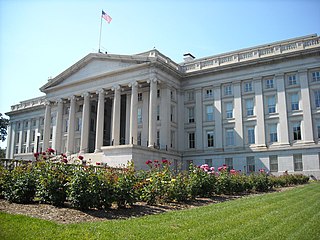
Base erosion and profit shifting (BEPS) refers to corporate tax planning strategies used by multinationals to "shift" profits from higher–tax jurisdictions to lower–tax jurisdictions, thus "eroding" the "tax–base" of the higher–tax jurisdictions.
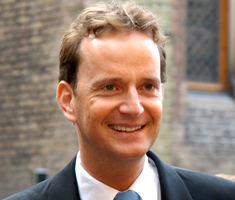
Dutch Sandwich is a base erosion and profit shifting (BEPS) corporate tax tool, used mostly by U.S. multinationals to avoid incurring EU withholding taxes on untaxed profits as they were being moved to non-EU tax havens. These untaxed profits could have originated from within the EU, or from outside the EU, but in most cases were routed to major EU corporate-focused tax havens, such as Ireland and Luxembourg, by the use of other BEPS tools. The Dutch Sandwich was often used with Irish BEPS tools such as the Double Irish, the Single Malt and the Capital Allowances for Intangible Assets ("CAIA") tools. In 2010, Ireland changed its tax-code to enable Irish BEPS tools to avoid such withholding taxes without needing a Dutch Sandwich.
Gabriel Zucman is a French economist known for his research on tax havens and corporate tax havens from his 2015 book The Hidden Wealth of Nations: The Scourge of Tax Havens. Zucman is also known for his work on the quantification of the financial scale of base erosion and profit shifting (BEPS) tax avoidance techniques employed by multinationals in corporate tax havens, through which he identified Ireland as the world's largest corporate tax haven in 2018. Zucman showed that the leading corporate tax havens are all OECD–compliant, and that tax disputes between high–tax locations and havens are very rare. Zucman's papers are some of the most cited papers on research into tax havens. In 2018, Zucman was the recipient of the Prize for the Best Young Economist in France, awarded by the Cercle des économistes and Le Monde in recognition of his research on tax evasion and avoidance and their economic consequences. He is currently an Assistant Professor of Economics at the University of California, Berkeley.
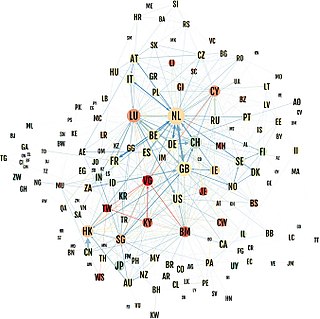
Conduit OFC and Sink OFC is an empirical quantitative method of classifying corporate tax havens, offshore financial centres (OFCs) and tax havens.

James R. Hines Jr. is an American economist and a founder of academic research into corporate-focused tax havens, and the effect of U.S. corporate tax policy on the behaviors of U.S. multinationals. His papers were some of the first to analyse profit shifting, and to establish quantitative features of tax havens. Hines showed that being a tax haven could be a prosperous strategy for a jurisdiction, and controversially, that tax havens can promote economic growth. Hines showed that use of tax havens by U.S. multinationals had maximized long-term U.S. exchequer tax receipts, at the expense of other jurisdictions. Hines is the most cited author on the research of tax havens, and his work on tax havens was relied upon by the CEA when drafting the Tax Cuts and Jobs Act of 2017.


